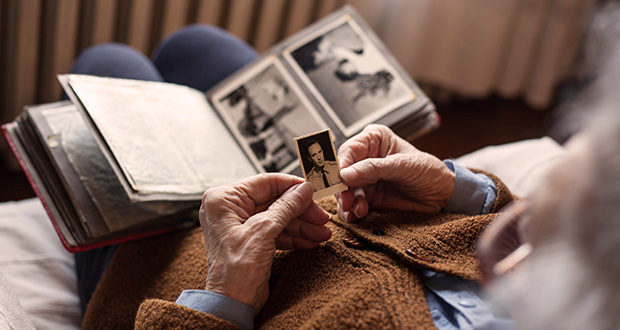No decision has been made as yet in NSW on whether Volunteer Assisted Dying (VAD) will be legalised.
While the bill passed the lower house last year, there are concerns about restrictions on time allocated to its debate in the upper house.
Charles Sturt University Master of Gerontology graduate Adrienne Matthys warns the delay leaves dying citizens in "dire conditions" while waiting on parliament's decision.
"The persistence of the myth that palliative care can alleviate all suffering is detrimental to dying people who choose VAD as an end-of-life care option.
"There are some people whose pain and suffering just can't be managed," she says.
"We need to give a voice to dying Australian citizens."
Research from National Seniors Australia revealed 86 per cent of respondents strongly supported the option of voluntary assisted dying.
Yet, the process is still illegal in NSW and the parliamentary debate on whether to accept the Voluntary Assisted Dying Bill 2021has stalled.
VAD has already been legalised in Western Australia and Victoria, with Tasmania, Queensland and South Australia bound to follow their lead in 2023.
"In NSW, they'll vote on their personal views, not necessarily what their constituents think," Matthys says.
"The perspectives of those with power are privileged over the voice of dying people."
The Netherlands has introduced the '5 to midnight' concept, where, just like Cinderella, the person 'leaves the party at the last possible moment'.
It allows older people to decide when they feel ready to go before pain or disease becomes too overwhelming.
Matthys suggests a similar approach should be taken in Australia, but points out that assisted dying combined with neurodegenerative diseases complicates the situation.
"When a person [in the Netherlands] is living with dementia and starts the process of applying for assisted dying, they still have to have mental capacity," she explains.
"Then they'll have regular assessments with their healthcare providers who'll make sure they still retain the capacity for decision making.
"It's not the same in Australia because dementia in and of itself as a diagnosis precludes you from applying for assisted dying.
"By the time you meet the criteria for suffering, you've lost capacity – it's a double-edged sword."
Forming clear boundaries and legislation around assisted dying may help protect both older people and healthcare providers carrying out the act.
Matthys' studies suggests more research needs to be done on how this would work in Australia.
"We need to write space policy approaches so that older people's self-determination and autonomy in end-of-life decision-making are upheld.
"In the end, we should always hold the person as the ‘true north’ – what their needs and desires are and how it would work to build systems that meet their needs."
Do you have an idea for a story?Email [email protected]
 Aged Care Insite Australia's number one aged care news source
Aged Care Insite Australia's number one aged care news source

